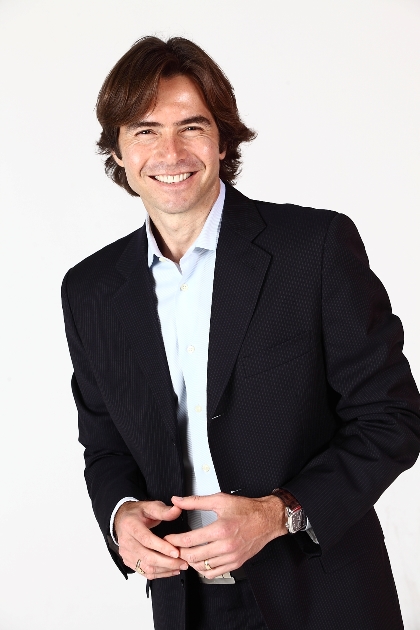Our very own Tadd Schwartz weighs in on the shocking decision that saw patients being treated for a rare infection wake-up to a 5,000 percent jump in price for their medication.
What went wrong on the communications side? What could the company, Turing Pharmaceuticals, have done differently? How can they win back their credibility in the wake of this public relations disaster?
Here’s Tadd’s take, courtesy of the Wall Street Journal’s “Crisis of the Week” column:
Crisis of the Week: Pharma Firm’s Drug Price Controversy

The Wall Street Journal, Ben DiPiertro
The crisis experts look at the on-gain, off-again price hike for the drug Daraprim by Turing Pharmaceuticals. The company came under fire when it raised the price on Daraprim, a drug used to treat the parasite infection tonoplasmosis, from $13.50 a pill to $750 a pill—an increase of 5,000%.
The company’s chief executive, former hedge fund manager Martin Shkreli, at first defended the increase, which took effect after Turing purchased Daraprim from another pharmaceutical firm. He said the previous company wasn’t making money from the drug and that the increase was necessary for Turing to “stay in business.”
After getting heavily criticized for raising the price of the drug, the company backtracked and agreed to “work directly with any patient or institution to ensure anyone who needs Daraprim will receive it,” and offering to give it away for free to qualified uninsured patients. The company didn’t say what the new price would be.
Looking solely at the statements made by the company and Mr. Shkreli, and only those comments included in the links provided here, the experts dissect the company’s actions and how it’s handled this crisis. Where did it do well? Poorly? How should it proceed?
 Tadd Schwartz, president, Schwartz Media Strategies: “CEOs like Martin Shkreli are a reminder of how social media has changed the corporate communications game. Turing’s Daraprim dust-up is a classic case of a company throwing caution to the wind by making a shortsighted business decision without anticipating what could go wrong.
Tadd Schwartz, president, Schwartz Media Strategies: “CEOs like Martin Shkreli are a reminder of how social media has changed the corporate communications game. Turing’s Daraprim dust-up is a classic case of a company throwing caution to the wind by making a shortsighted business decision without anticipating what could go wrong.
“It’s hard to believe Turing planned this dramatic a price jump without a strategy for delivering a cohesive message, but that’s exactly what seems to have happened. Rather than rolling out the pricing news alongside a bold announcement about new research or a philanthropic initiative, Turing tried to pull a fast one on consumers.
“Absent a company game plan for effectively managing the story once the news went viral, Mr. Shkreli took it upon himself to respond to a flood of criticism with inflammatory tweets. There was no protocol for effectively managing the media onslaught. The result was catastrophic for the CEO and his company’s brand.
“By the time Shkreli began layering his defense with positive points during a series of interviews, it was too late. Reasonable consumers understand that companies have the right to make a profit and sometimes that means increasing the cost of goods. But a 5,000% price hike overnight goes against every tenet of corporate best practices.
“Shkreli has said that he plans to unveil a new pricing structure over the coming weeks. That announcement will be an opportunity to begin repairing the damage with a public apology. In doing so, he would be wise to emphasize the company’s pipeline of new research and efforts to expand access to drugs for those who cannot afford them. He should also consider deleting his Twitter account.”
Click here to continue reading.
READ RELATED: WALL STREET JOURNAL CRISIS OF THE WEEK, HUGGIES




 See More Blogs
See More Blogs
Comments